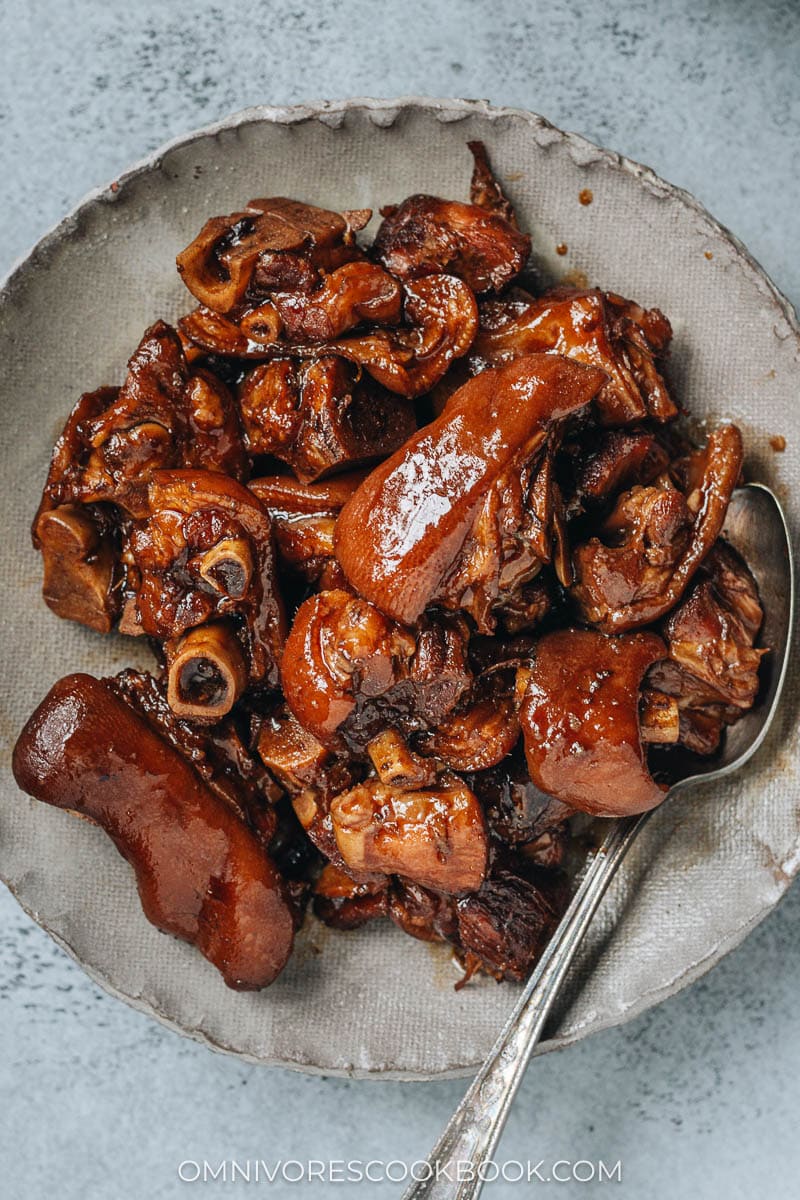
I Think My Mom Is in Love with Me: Exploring the Complexities of Maternal Affection
Love Beyond Boundaries: A Personal Anecdote
Growing up, my mother’s love was an unwavering force in my life. She was my confidante, my rock, my greatest champion. Yet, as I matured, I began to notice subtle undercurrents that hinted at something more profound than maternal affection. Conversations took on an intimate tone, her touch lingered a beat too long, and her gaze held a longing that left me both flattered and uneasy.
The realization that my mother harbored romantic feelings towards me set off a maelstrom of emotions within me. Confusion, guilt, and a sense of betrayal gnawed at me, shattering the idyllic image I had of our relationship. While I deeply cherished my mother, I couldn’t fathom reciprocating those feelings in a romantic way.
Deciphering the Boundaries of Maternal Love
The concept of “maternal innamorata,” or a mother being in love with her child, has been recognized for centuries. While it’s a rare occurrence, it has been documented in psychological literature. Often, these feelings stem from unresolved childhood issues, unresolved grief, or a lack of fulfillment in the mother’s own relationship.
In my case, I believe my mother’s feelings were rooted in a combination of factors. As a single parent, she poured her entire being into raising me, blurring the lines between maternal and romantic love. Additionally, having experienced heartbreak in her past, she may have sought solace and fulfillment in our bond.
Unraveling the Threads of Incest
Incest, the sexual relationship between close relatives, carries a profound taboo in our society. It violates the fundamental moral and social norms that govern family relationships, potentially causing severe psychological and emotional damage to the individuals involved.
While my mother’s feelings never escalated to physical intimacy, the emotional fallout was nonetheless significant. The weight of her unrequited love cast a long shadow over our relationship, making it difficult for me to maintain the same level of intimacy and trust I once had.
Navigating the Challenges
Coming to terms with the complex nature of my mother’s feelings required a delicate and sensitive approach. I sought professional help to process my emotions and establish clear boundaries. I gently but firmly communicated my discomfort with her behavior, while acknowledging the love and support she had always given me.
Over time, with patience and understanding, we were able to redefine our relationship. My mother came to accept my decision and channeled her affection into alternative expressions, such as being a supportive and proud parent. Ultimately, our bond evolved into a more nuanced and meaningful one, based on mutual respect and understanding.
Tips for Handling a Similar Situation
If you find yourself in a similar situation, it’s important to remember that you are not alone. Seek professional help to process your emotions and establish healthy boundaries. Communicate your discomfort clearly and respectfully, while acknowledging the love and support your mother has provided.
With sensitivity and compassion, you can navigate this challenging situation and create a new foundation for your relationship. Focus on setting firm but loving boundaries, maintaining open and honest communication, and seeking professional support when needed. Remember that you have the right to protect your own emotional well-being and establish a healthy, mutually respectful relationship with your mother.
Addressing Common FAQs
Q: Is it common for mothers to be in love with their children?
A: Maternal innamorata, or a mother being in love with her child, is a rare occurrence. However, it has been documented in psychological literature and can be triggered by various factors.
Q: How can I differentiate between maternal affection and romantic love from my mother?
A: Maternal affection is characterized by unconditional love, support, and guidance. Romantic love, on the other hand, involves physical attraction, emotional intimacy, and a desire for a romantic relationship.
Q: What should I do if I’m uncomfortable with my mother’s romantic feelings?
A: Communicate your discomfort clearly and respectfully, emphasizing that you value your relationship but are not comfortable with these feelings. Establish firm boundaries and seek professional help if needed.
Conclusion
The topic of “I think my mom is in love with me” is a complex and sensitive one, steeped in the depths of human relationships. It challenges our understanding of familial boundaries and raises profound questions about love, desire, and consent. By shedding light on this issue, we hope to foster greater awareness, empathy, and support for those who find themselves in such a situation.
Are you interested in exploring this topic further? Share your thoughts, experiences, or questions in the comments below. By engaging in open and respectful dialogue, we can unravel the complexities of this issue and navigate it with greater understanding and compassion.

Image: www.instagram.com

Image: www.reddit.com
7 No one loves me like my mom ideas | mothers love, mom, mom and baby When a loving baby reaches out to an indifferent, detached, hostile, or contemptuous mother, the unrequited love that the baby experiences will instill a profound type of shame that lasts a